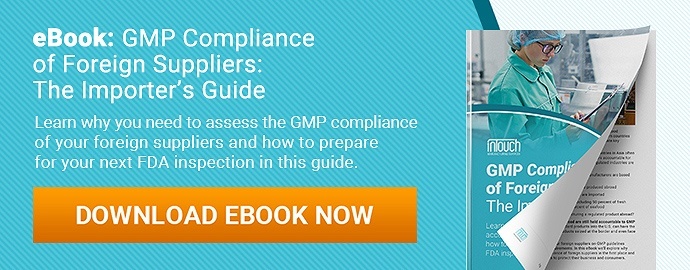We hear these stories in the news all the time: workers striking, factory shutdowns, protestors lobbying against child labor. The public are demanding more from brands and regulations are increasing in this space.
Social compliance protects the health, safety, and rights of employees and workers in the chain and supply sectors. Monitoring of suppliers ensures that there are ethical and practicing legal employment practices.
Why do you need a social compliance audit?
Let's say one of your manufacturers uses child labor, and it eventually comes out on the news. Whether you knew about it or not, you are responsible for what happens in your supply chain.
A social audit helps manage the commitment of your manufacturers and suppliers by bringing to light issues concerning ethics and laws of employment. It goes in depth to examine a factory's operations, work records, management, and work management process. It also helps to manage your brand’s commitments, most brands have policies around social compliance.
Your business can benefit from performing a social audit in the following ways:
- Brand reputation protection
- To identify ethical suppliers for partnership
- To avoid dangerous working operations and child labor
- To express your social responsibilities to your customers
- To help your suppliers to improve their operations with human practices
- Increase social accountability of your supplier
Social Compliance Audit Checklist
Audits can either be conducted randomly without warning, or they can be announced ahead of time. Though the workflow may differ, the five critical procedures in the checklist are as follows:
Step 1: Opening Meeting
In case the audit is unannounced, the auditors in charge will give the reason for the visit to the manager as they specify the time of beginning the audit. An audit refusal is recorded if the factory's personnel do not allow the auditing within the timeframe.
Step 2: Factory Tour
The auditor will take a physical tour of the factory to inspect working conditions as well as health and safety measures. Specifically, they will check that workers have:
- Enough working space to prevent accidents
- Access to water
- Protection from chemical exposures
- Personal protection equipment
- Enough ventilation
They will also check these four primary safety issues:
- Insufficient emergency exits
- Exposed electrical wiring
- Lack of enough protective equipment
- Lack of chemical warning labels and information
- Improper safety equipment
Step 3: Employee Documentation
The auditor will review the employment records to ensure the factory complies with labor regulations. A detailed investigation shows the hiring and firing laws overview and issues regarding wages and other employees' rights.
Step 4: Interviewing Processes
The auditors get to interview random employees in the factory to get a good oversight of the living and working conditions of all the employees in the factory.
Step 5: Closing Meeting
The auditors conclude the meeting with the factory's management and review areas of concern and provide recommendations for how to improve.
Additional Considerations
In addition to the standard social compliance checklist, brands will also need to check that the factory is in compliance with the most recent international standards. This includes:
- AGEC Law - A law from France created to encourage businesses from various sectors and municipalities so that citizens can do away with waste with more circular procedures.
- German Supply Chain Due Diligence Act - This is an act that requires big businesses to take care of the environmental and social standards in the supply chain. The law applies in Germany for companies with more than 3000 employees with foreign branches, but as of 2024, the number will go down to 1000 employees.
Protect Your Brand Reputation
Not everybody has the expertise or resources to conduct their own audits — especially if you are located overseas. This is where working with an unbiased third-party can help.
AQF’s trained and accredited social auditors visit your vendor’s factory to conduct a physical assessment of working conditions for compliance with international and local regulations. Contact us to learn more or sign up for AQF Online to book your next inspection.








